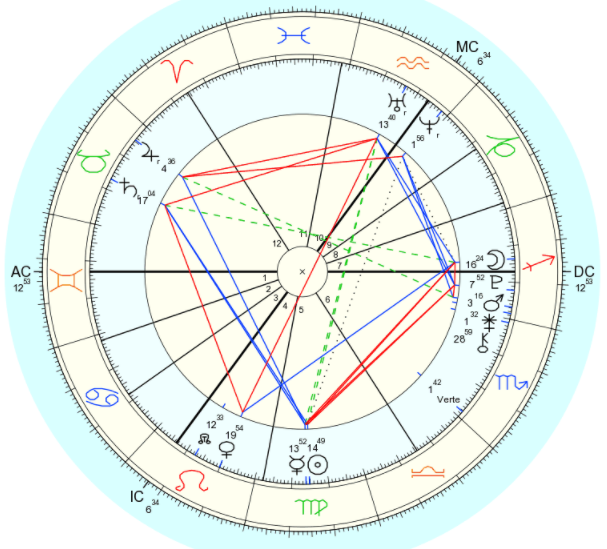We all know that Pluto is a generational planet and one of destructive, but that isn’t to say it doesn’t or couldn’t have positive personal meanings. It has deeper, growth-related meanings than just generational destruction. It stands for rebirth and renewal, at its utmost core! It’s what is ever-changing, if a little out of touch, for us. What I’m focusing on today is Pluto’s link to a transforming energy within us.
Scorpio is the sign of which it rules, and so naturally it’s a subconscious force, changing up and rebuilding us beneath what we can immediately relate to. Naturally sitting in the eighth house, it also has links to suffering and trauma, as we may already be aware. That can seem scary, but transformation of the deepest kind will almost inevitably be linked to some form of suffering on our own parts.
When Pluto is in retrograde, the effects are internalised, making outward effects less likely. For example, where someone with Pluto in the 5th may create transformative art and express themselves differently from month to month, someone with this same placement in retrograde can feel unable to do this. They may have the thoughts and want to create themselves over and over again, but outwardly expressing this becomes difficult. It’s likely that transformation of their self is not something they feel they can accomplish on the outside, but on the inside they are expanding into a new, revived version of themselves.
However, Pluto’s positive transformation relies on personal growth. What about when it hasn’t grown? Underdeveloped Pluto or planets under Plutonian aspect will be destructive outwardly. This can mean hurting those around them or things around them. A good example would be underdeveloped Pluto to Mars contacts being harsh, aggressive, or violent.
It stays in any sign from about 14 – 30 years, so obviously the sign it is in has less personal effect, but that doesn’t mean Pluto won’t be felt personally. The house and aspects to other placements is entirely based on the individual chart, and this post will be discussing Pluto within each house!
You can also check the house which your Pluto is currently transiting through, as this will show which area of life you’re undergoing transformation in.
Continue reading Pluto in the Houses: Transformation

